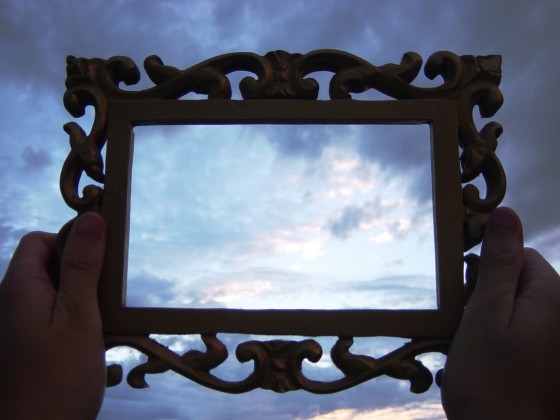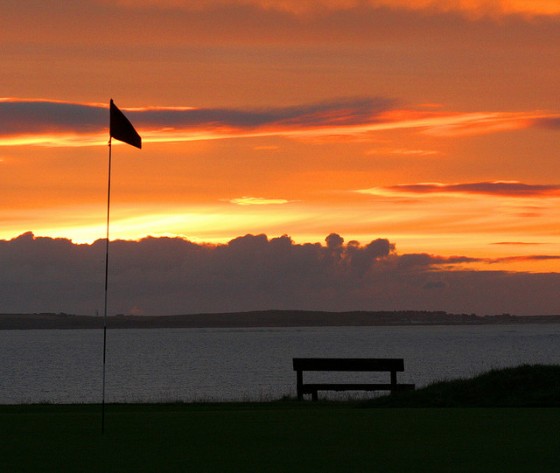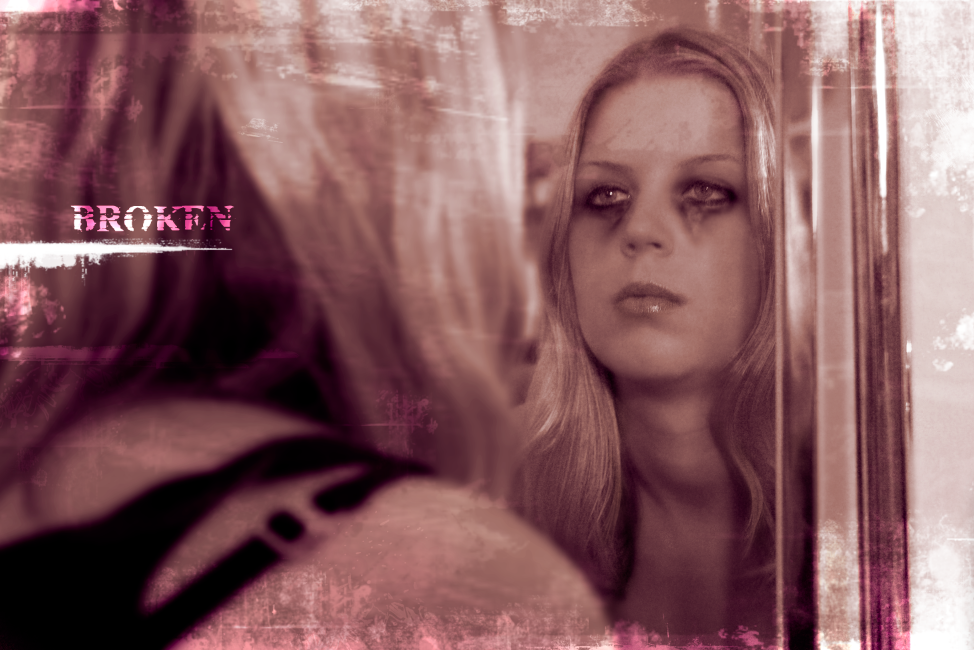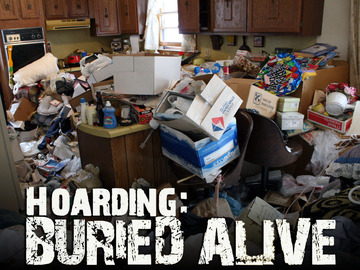The “middle” part of your salvation, what theologians call “progressive sanctification,” is more important right now than either justification* or glorification*.
Go ahead. Label me a heretic. It’s okay. You can use the hashtag #BenReedTheHeretic.
It’s all talk
We tend to talk a lot about the beginning and end of salvation.
We love to (rightly) look backwards and remind ourselves of our sin and our story. Remind ourselves of our beautiful Savior.
We also love to (rightly) look forwards with hope, anticipating eternity in heaven.
But the most important part of your spiritual growth is not in looking back. It’s also not in looking forward. It’s in what you’re going to do now.
In looking back on who Jesus is, what He did, and growing to understand his love and grace more doesn’t propel you to live differently, what good is it? ** If this dreaming back doesn’t leave you more generous, loving, forgiving, and full of grace, then has it done anything?
Looking backwards isn’t as important right now.
In looking forward with great hope in the second coming of Jesus, to the day when there will be no more tears or crying or pain, doesn’t mean you take more faith risks, then you’re just an idle dreamer. If you’re not consistently breathing hope into the life of others with your forward-reaching dreams, if you’re not progressively becoming more loving, more gracious, more hospitable, and less bitter, then what good are your mere daydreams? They’ve become a sort of twisted self-pleasing fantasy.
Looking forward isn’t as important right now.
The Glorious Middle
What’s important right now is the “glorious middle,” that part of your salvation that’s overlooked because it’s not sexy. It’s sexy to talk about what’s coming. It’s sexy to talk about what has passed. But what’s now is what we’re all experiencing, the doldrums of existence on earth. It’s picking the kids up from school. It’s being late for work. It’s getting sick. It’s dealing with loss and pain. It’s being financially strapped. It’s dealing with difficult relationships. It’s not ever having enough time.
It’s in those, shockingly normal activities, to which Paul says, “Work out your own salvation with fear and trembling.” (Philippians 2:12) How do I know that Paul’s referring to the mundane, everyday life here? Because he follows this command with, “Do all things without grumbling…” (Philippians 2:14) Nobody grumbles about heaven. Nobody grumbles about the great sacrifice Christ paid on our behalf. Either of those will get you kicked out of a deacon’s meeting faster than if a couple of poker chips were to fall out of your pocket.
Think deeply on who Jesus is, the depth and filthiness of your sin, and the glorious forgiveness that God offers us in Christ.
Think deeply on the promised life to come, eternity spent in the presence of God.
But don’t neglect the “glorious middle,” the glorious, yet unglamorously normal life that God has called you to right here and now.
That’s more important.
Don’t leave your Gospel zipper undone.
* justification – the moment when God declares you “just” before him, as a judge declares a criminal just and free. This happens the moment you place your faith in Christ.
* glorification – this will be your nature after death, where you will be made whole for eternity, in heaven with God.
** I’m not advocating salvation by works here. Salvation is by faith alone, in Christ alone. I’m talking about ongoing, progressive sanctification.
*** image via Creation Swap user Mirian Trinidad






 I had stepped out of the room and left my son to himself for just a second. Typically, I hear him all of the time. Sometimes he’s banging a toy on the table…or hitting his head on it…or crying…or crawling. This time, when I stepped out, I listened for him, but couldn’t hear him. As you can probably guess, 9 times out of 10, that means he’s up to no good. This time was no exception. Here’s what I said about it on Twitter:
I had stepped out of the room and left my son to himself for just a second. Typically, I hear him all of the time. Sometimes he’s banging a toy on the table…or hitting his head on it…or crying…or crawling. This time, when I stepped out, I listened for him, but couldn’t hear him. As you can probably guess, 9 times out of 10, that means he’s up to no good. This time was no exception. Here’s what I said about it on Twitter: